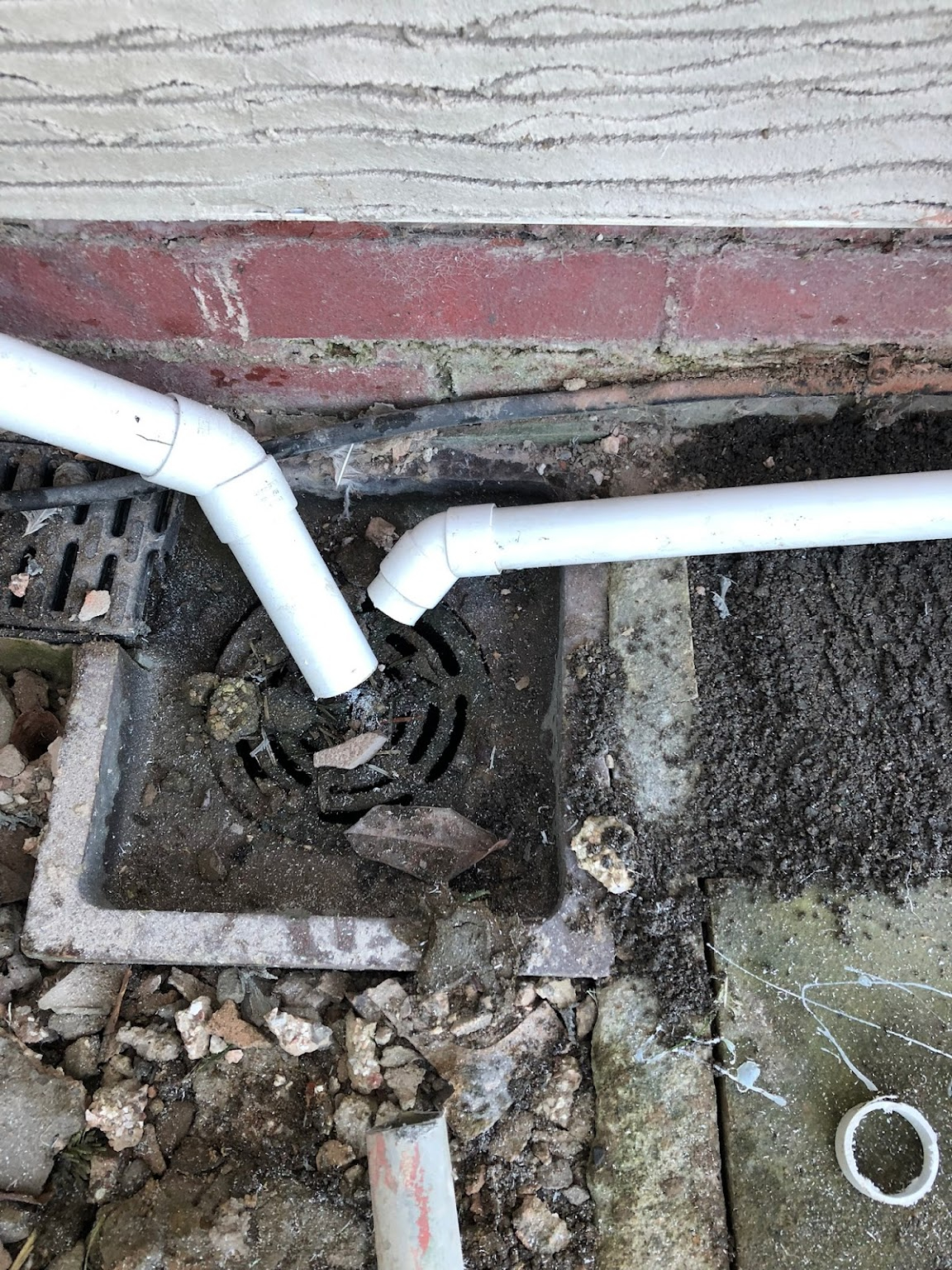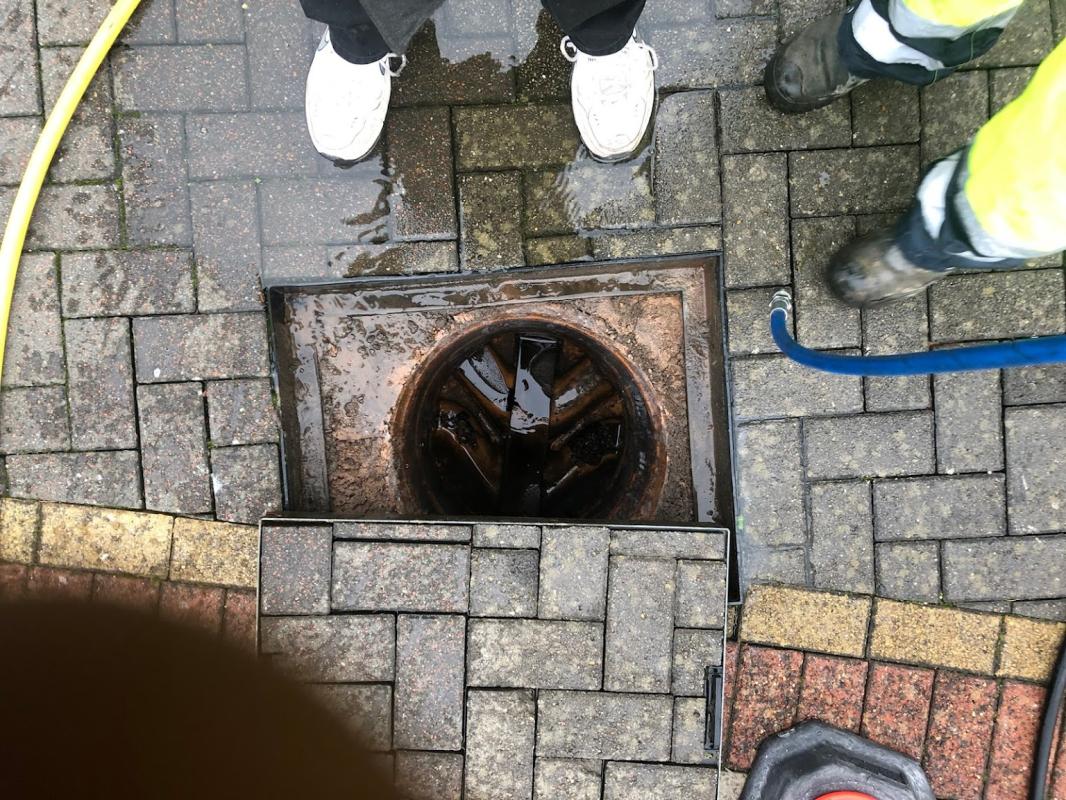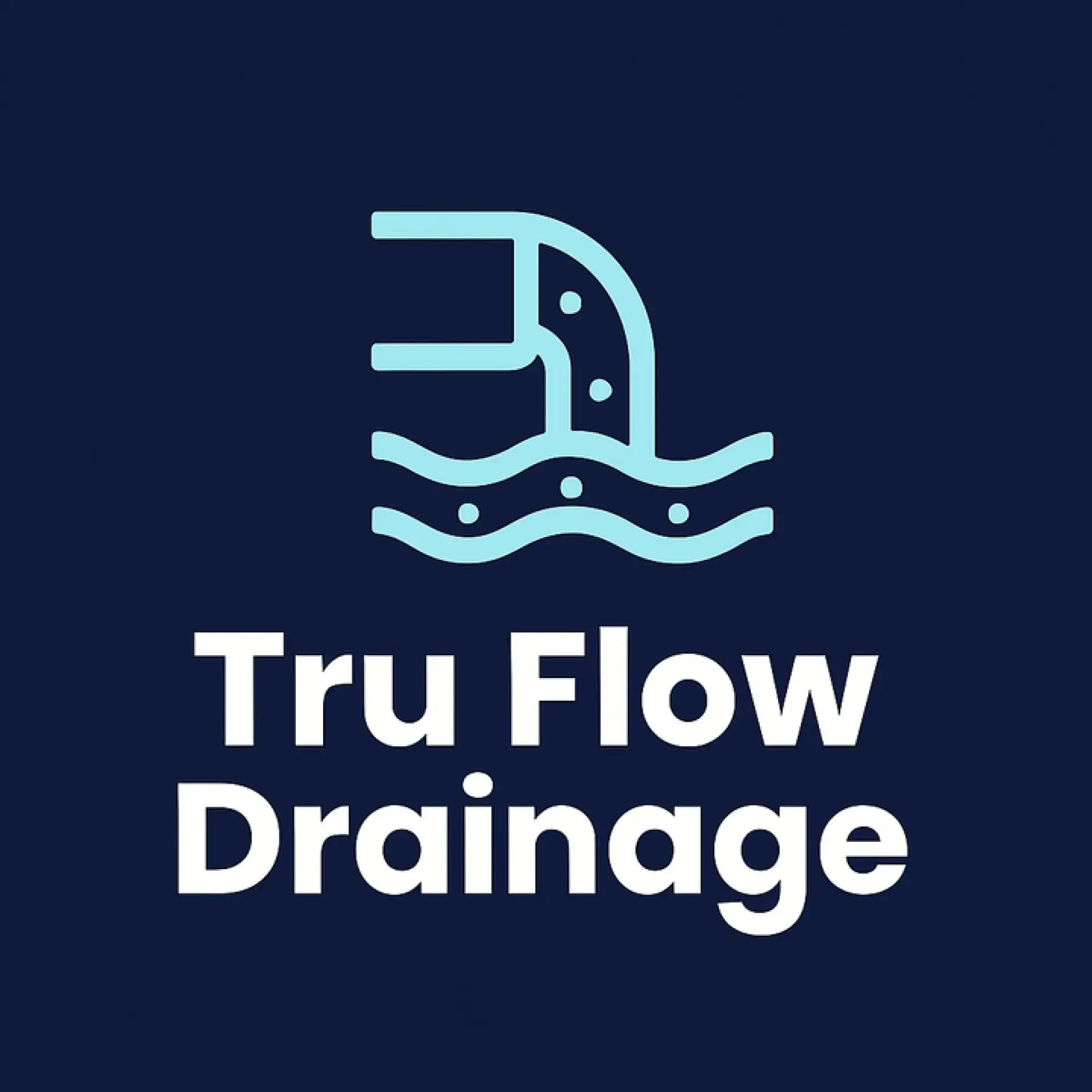Common Questions For Drain Unblocking And Repair
There are a few crucial indicators to watch out for if you suspect a blocked pipe or drain. If you have a blocked drain, you'll notice that your toilet flushes more slowly than usual, your drains smell terrible, your sink or bath drains slowly, and waste or sewage comes back up in the toilet or sink.
Small metal, mesh or silicone sieves called washbasin strainers can be put over plugholes to protect your drains. They are designed to only permit water to pass through, keeping larger objects from obstructing your drainage system by getting in. Both your kitchen and bathroom sinks should have drain covers or sink strainers. They will capture food waste from your kitchen and bathroom drain clog-causing substances like hair, bath salts and residue from beauty products.
Your drains' worst enemies are grease and oil. Pouring them down your kitchen sink will block your home's drainage system. Remember that just because something fits readily down the plughole doesn't mean that expensive damage isn't being done elsewhere. While your drain can easily handle liquids like water and milk, frying oil and grease are a completely different matter. These materials frequently solidify inside pipes, forming a clog that can be challenging to remove. When additional food and soap sludge gets lodged behind them, the issue grows.
Hair and drains do not get along, especially when soap, soap scum, and soapy residues are present. Hair doesn't break down in drains, so it can accumulate and cause a full-blown clog that overflows your shower.
Dirt commonly clogs kitchen and outdoor drains, but it can also clog interior drains. Mud, dust, moss, and other debris frequently get caught in outdoor kitchen drains and clog them. A filthy outdoor drain requires a different unclogging procedure than an interior drain.
Food is the main reason for drain clogs in the kitchen sink. In clogged sinks, food regularly overflows and regurgitates.
Heavy rain may block outdoor drains in a variety of ways. Plumbing system flooding brought on by rain can cause overflows and floods to linger for days. Additionally water clogs drains by forcing debris like leaves and dirt down them. Once more, only outdoor drains are often impacted, and if they are on your property, you are responsible for them. Water pressure has the potential to break pipes and cause internal issues that make clogs more likely.
Blockages are much more frequent since modern toilet paper is sometimes thick and quilted. If your toilet is frequently getting clogged, check your toilet paper to make sure it isn't too thick because some toilets and plumbing systems aren't made to handle these kinds of toilet paper.
Mineral and limescale accumulation in pipes and drains is a common problem in hard water locations. Other obstructions, including soap scum and hair may get worse due to mineral buildups.
Foreign items can enter drains and obstruct them or serve as a catch for debris that collects around the object to form a blockage. Almost any non-biodegradable object, such as toothpicks, plastic cutlery, paintbrushes, and little pieces of plastic, can clog a drain. Drains are frequently clogged with non-biodegradable materials such as branches, twigs, stones, wet wipes, sanitary towels, and various papers, garments, and textiles.
There is no reason why we shouldn't use chemical drain cleaners. They may not be everyone's first pick, but that's good since you still have them as a tool for dealing with drain blockages that won't go away. They can occasionally be just what your blocked drain needs. Use baking soda, vinegar, and water as a starting point, and if those don't work, don't be afraid to use chemical cleansers as long as you carefully follow the directions and heed the safety precautions.
An unpleasant odour is one of the first signs of a highly clogged drainage system; if your bathroom or kitchen sinks, shower, or bathtub drains are starting to smell, the obstruction is severe. Remember that your drainage system joins your home or place of business to the sewage system for the general public; if any bad scents are coming from your property, you should definitely contact a plumber or drainage expert right away.
Showers have shallow trays to shield your bathroom floor from water and suds while you shower. This is perfect for a small room, like an en suite, but it does mean that it's crucial to keep the drains working properly. There can be a straightforward fix if you discover that the draining time in your shower has been slower. A drainage specialist will begin by using a drain rod to check for blockages, such as those brought on by hair or extra products that have been flushed down.
Needing a professional to examine their exterior drains is among the most frequent reasons consumers hire drainage specialists. Your property is linked to the public sewer by your exterior drainage system. If you discover your garden's drains are overflowing, there might be an issue with your outdoor piping.
The main areas where drain snakes are used are sinks and minor drains. Similar to drain snakes, drain augers are designed for bigger pipes like those in the toilet or shower and are available in both manual and motorised versions.
To clear the toughest clogs, a plumber may use a hydro jet, a device that pushes pressurised water into pipes to dissolve drain blockage. This equipment is typically quicker and more efficient than a normal drain snake since hydro jets not only clear clogs but also clean drains.
One of the most common eco-friendly methods for unclogging a clog is to use a plunger. They're excellent for removing small clogs, and you're likely to have one in a closet or utility room. However, you should always have two plungers in your home: one for the toilets and one for the sinks. This will keep bacteria from your toilet from contaminating the area where you wash your dishes. Since the usual toilet plunger might be difficult to use, washbasin plungers are available. Sink plungers may be stored beneath your sink and are manoeuvrable in tight spaces.
Dish soap can unclog a drain, whether you want to believe it or not. Be cautious since only obstacles made of oil, like those in your kitchen sink, can be effectively eliminated using this technique. Before adding hot water to complete the process, first pour a significant amount of dish soap down the drain. The power of dish soap to cut through oil will be better eliminated by the hot water. This process might need to be repeated. By doing this once a week, you can keep your drains free and prevent blockages.
A plumber shouldn't need more than an hour to clear a little obstruction in a drain that can be cleared with rodding. It will take about two hours to jet-clean a major obstruction.
The water in the numerous pipes inside a clogged drain can lead to a significant increase in pressure. This may cause cracks and leaks to form, which may then result in much more serious issues, including dampness, rot, and mildew.
If you have a steep driveway or an expensive patio, blocked external drains can seriously endanger your property. Flooding is a severe issue that can be very challenging to stop once it has started. Drains that are left clogged can make the surrounding area unsafe because they can cause the ground to become soggy.
A common sign that your drains need repairing is if you have a leak in one of the pipes. The presence of standing water in your bathtub or outside the house is considerably more concerning than a slow drain. Pools of water that leak can result in structural damage as well as several health issues, particularly if any members of your home have asthma or other respiratory issues.
Clogged pipes can result in low water pressure, which you may notice right away if your shower or taps are only producing a small trickle of water or if the toilet isn't flushing as thoroughly. Whatever the cause of your low water pressure, it is always preferable to call a professional if it doesn't get better after a few hours; in some circumstances, it may be an indication of something much more dangerous, such as a broken drain pipe, which can result in drain collapse or overflow.

Drain Unblocking Blackpool
Blocked drains are an incredibly disruptive inconvenience, causing a variety of unusual and uncomfortable happenstances, such as foul smells and blocked sinks.

Drainage Maintenance Blackpool
We supply customers with a thoroughly reliable drain maintenance and repair services extending to sewage treatments and drainage system services.

CCTV Drain Surveys Blackpool
A professional CCTV drain survey and site visit is a thorough, in-depth inspection of your private or public drainage system using specially designed CCTV cameras.

